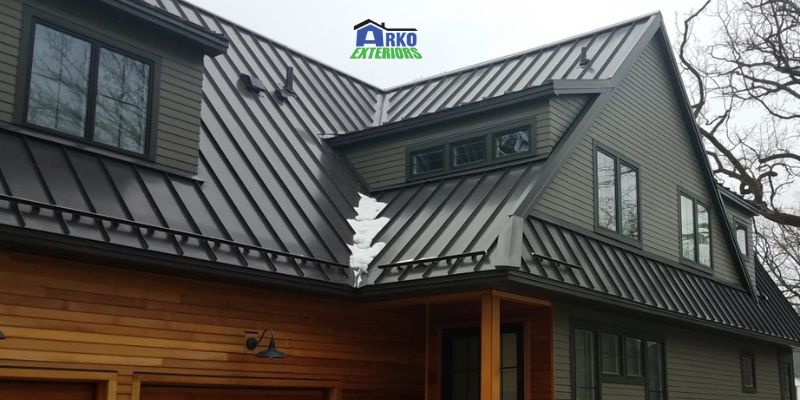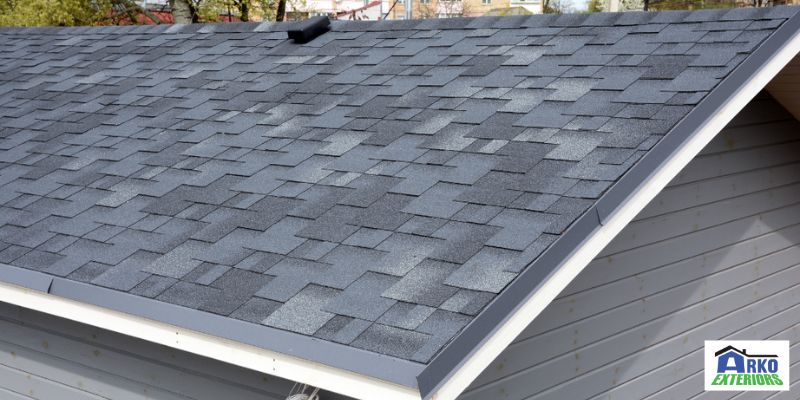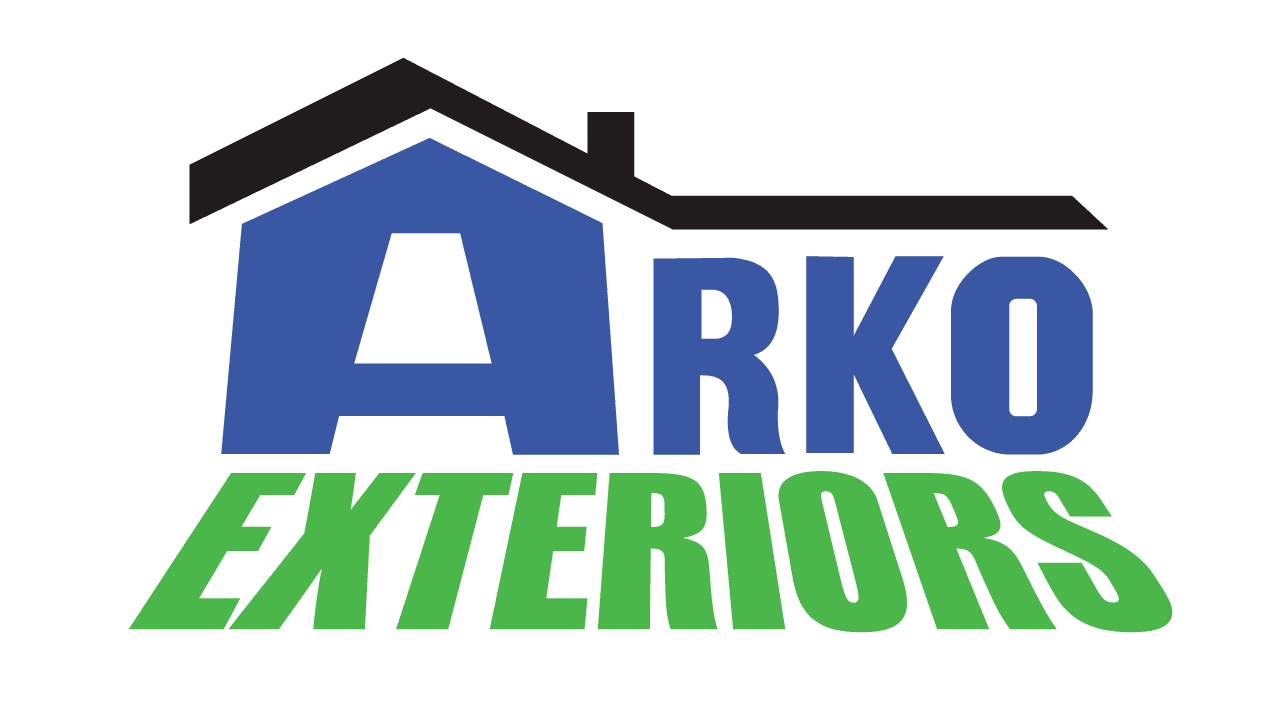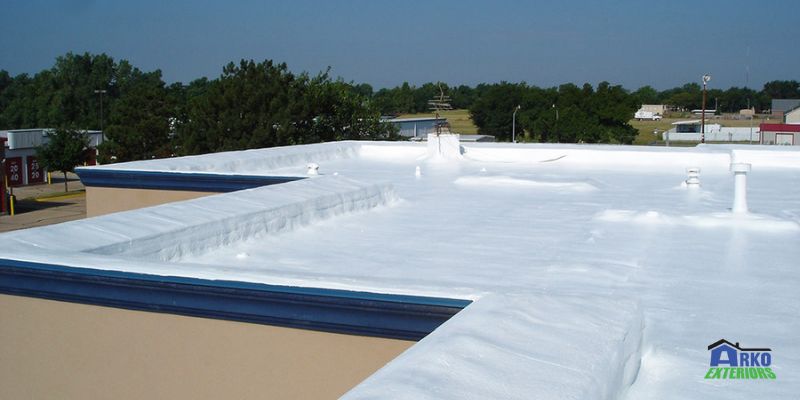One of the most important components of a commercial structure is its roofing material. Business owners must determine that the material they select complements the beauty of the structure while also providing comfort, efficiency and longevity.
Commercial roofs can take many different forms, with each one tailored to the building’s specific needs and budget.
Consider installing domed roof vents for easier access while performing roof checks to help maintain the integrity of your roof.
If you’re having trouble deciding on the best roofing material for your commercial building, here’s a list of common roofing materials used on commercial buildings…
#1 Built-up Roofing Membrane
Built-up roofing is similar to a traditional tar and gravel roof. It contains numerous layers that can be modified to save costs or fulfill specific durability needs, making it a versatile roof style. It is a traditional low-slope roof system that is one of the most cost-effective and long-lasting roofing options available today.
#2 Metal Roofing System

Metal roofing is a popular commercial roof material, with several different types of metal materials available on the market. These metal roofing materials are galvanized corrugated steel, aluminum, zinc and silicon-coated steel aggregates, sheets of metal tile, copper, aluminum, stainless steel, steel with stone coating and tin, to name a few.
The additional protective surface layers of metal roofing systems reduce the damage caused by prolonged contact with sunshine and other environmental hazards while also preventing rusting.
Metal roofs have high fire resistance ratings and are tougher and more durable than standard commercial roofing solutions. They also contribute to a more durable design for your building.x
#3 Modified Bitumen Roofing System

Reinforced roof materials, like BUR membranes, are used as “carriers” for bitumen and are cut and fitted in layers. These two-ply roofing systems adhere to the roofing deck for optimal stability and protection when attached to commercial rooftops.
Modified bitumen roof maintenance is straightforward and typically consists of annual inspections and repairs. With higher tensile strength than most other flat roof designs that see heavy foot activity, modified bitumen is a smart choice.
#4 Thermoset Roof Membrane
In comparison to other commercial roof types, the Thermoset roof system, also known as EPDM roofing, offers versatility and long-term durability, as well as easy installation and quick maintenance/repair.
EPDM is a single-ply rubber material with excellent resistance to UV radiation and ozone. Other advantages of EPDM roofing include excellent adaptability in various conditions, resistance to harmful acids, solvents and alcohol and reflecting properties that aid in the reduction of cooling costs.
#5 Green Roofing Material
Green roofs are often regarded as one of the most adaptable types of business roofing available today. They have been fashionable in recent years, and are a long-term alternative for commercial properties and businesses.
Green roofing systems provide the greatest advantage of protecting commercial buildings from the weather while also controlling water and drainage, as well as boosting energy efficiency. They are visually appealing while also representing a significant step toward a more sustainable, ecologically friendly business property.
#6 Shingle Roofing System
Commercial buildings, especially those with high rooflines, can utilize shingles.
Shingles can be made from a variety of materials, including asphalt, slate, architectural stone, clay, acrylic and ceramic. Shingle material is practical since it is readily available, reasonably priced and adaptable.
Depending on the brand utilized, its lifespan may not be as long as some other commercial roofing solutions. In the unfortunate event that your structure is located in a shaded area, shingles are tolerant of mildew and moss.
#7 Spray-on Roofing System
Spray polyurethane foam is a substance that begins as a liquid spray, rapidly expands into a foam and then gradually dries to form a solid layer. This environmentally friendly covering is installed over an existing roof. It has existed since the start of the 1960s. An SPF roofing system improves insulation and aids with waterproofing.
Summary:
With many possibilities, you can choose the ideal roofing material for your commercial roof that combines all the features you need with price points that work for you. Don’t be afraid to seek advice from experts or ask questions about any aspect of construction. For more information about commercial roofs, call Arko Exteriors of Blaine, MN, at 763-434-2756.

